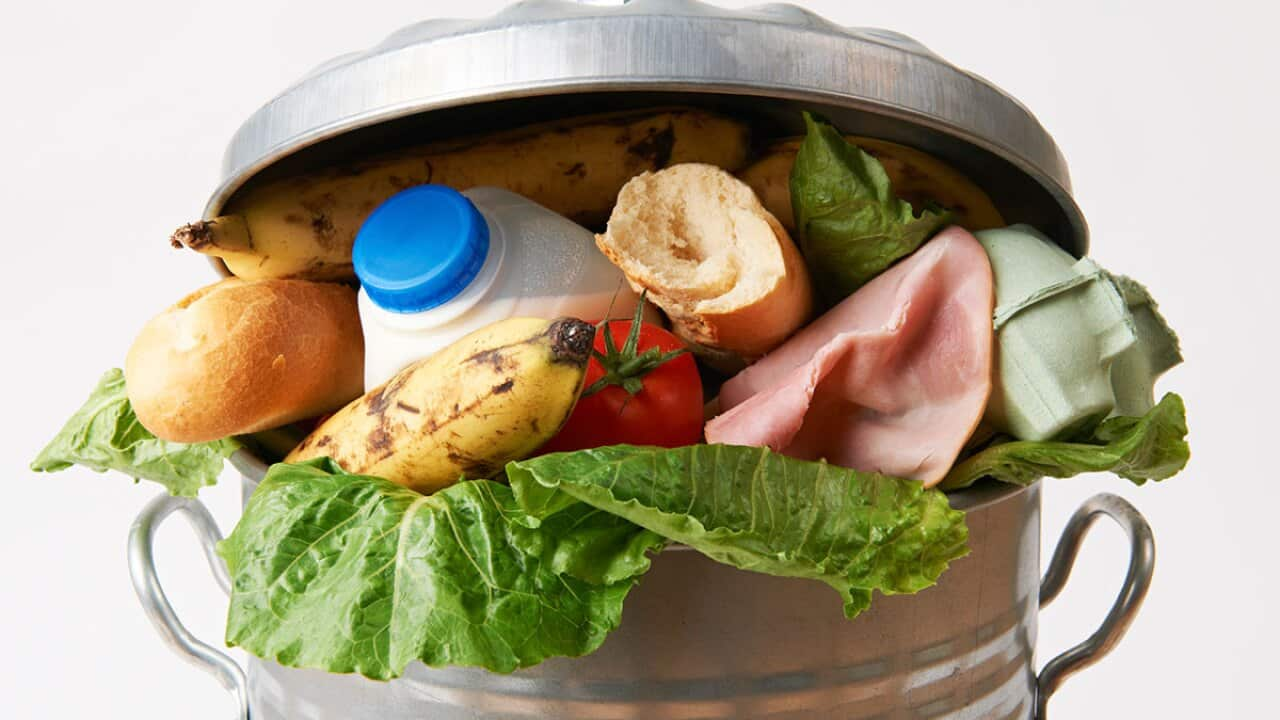Would you be up for drinking brandy made from spit? What about whisky smoked with sheep poo?
It sounds like a big ask but Peter Bignell thinks customers are growing more interested in sustainable distilling. The sixth generation farmer and owner of the in Kempton just north of Hobart has a knack for turning waste into whisky.
“I get surplus waste stuff that's going to be thrown out: alcohol, fruit and juices from other manufacturers that don’t want it. I also get some leftovers from winemakers and turn it into grappa or brandy,” Bignell tells SBS. “Or occasionally, some apple cider that’s not quite up to scratch and I turn that into brandy, too.”
Belgrove started about seven years ago when Bignell had a surplus of rye that he couldn’t sell. So he turned it whisky and it sparked the start of a lifelong obsession with distilling recycled products. “We do an apricot liquor as well – I’ve got a friend with an apricot orchard and every year he throws a tonne of apricots away because they’re blemished – nobody wants them to even make jam with. We ferment them and make them into an apricot wine, double distil it, add a bit of sweetener and make liquor out of it.”
“We do an apricot liquor as well – I’ve got a friend with an apricot orchard and every year he throws a tonne of apricots away because they’re blemished – nobody wants them to even make jam with. We ferment them and make them into an apricot wine, double distil it, add a bit of sweetener and make liquor out of it.”

Peter turns used cooking oil into biodiesel to use at his Belgrove Distillery. Source: Belgrove Distillery
Farmers are always looking for ways to curb their waste but for Bignell, the urge runs deeper.
“We want to look after the land and just don’t want to waste a thing,” he explains. “It’s possibly something I got it from my Scottish heritage and the fact my parents and grandparents came through depressions and never wasted anything. And I just carried on with it – maybe I pushed it bit further than they did in some ways.”
Bignell’s distillery doesn’t feature your average hardware, either; it’s strewn with recycled materials such as old barrels and for his malting, he uses a big old commercial tumble dryer.
Peter's got rye on tumble dry...
“I’ve put some fine mesh in it and it’s got a sprinkler in there, so for the first few days, it wets the grain in there instead of the clothes. It turns occasionally, then once it’s dry, I turn the heat up and dry them again – that’s how I dry and smoke the grain.”
He’s also turned abandoned pineapple juice from a neighbour into a double distilled liquor but the farmer’s meanest feat is a smoked whisky he makes from sheep poop.
“For a smoky whisky I sometimes burn peat off my brother's farm, then when we’re finished with the mash and have extracted all the sugar out of it, I feed it to the sheep. They just use that as food and then poo some of it out.”
Once the poop has dried in the shearing shed, Bignell scrapes it up and burns it to give his smoked whisky its signature flavour.
“It’s got a lovely, sweet smokiness – it’s another year away from being released,” he says. “A lot of poorer nations use burnt animal manure for smoking things – it’s not unique.”
Another product that’s nearly ready for sale is a brandy made from the contents of a wine tasting spittoon. It sounds like a tough sell but Bignell tells me otherwise. After attending the natural wine and food festival in Sydney 18 months ago, he was struck by the amount of wine and spirits that were being spat out.
“I said, ‘what a waste that is’. I asked the room, ‘if I took that home with me and distilled it, who would drink it if I brought back next year?’ I think everyone’s hand went up.”
Collecting a staggering 500 litres of wine, Bignell took it to a local distillery in Sydney where it’s being prepared for auction this November.
“I don’t know what they’re going to call it – ‘Spit Brandy’ or something."
Watch the episode here
For more from , visit the program page for recipes and to find out more about the show.








